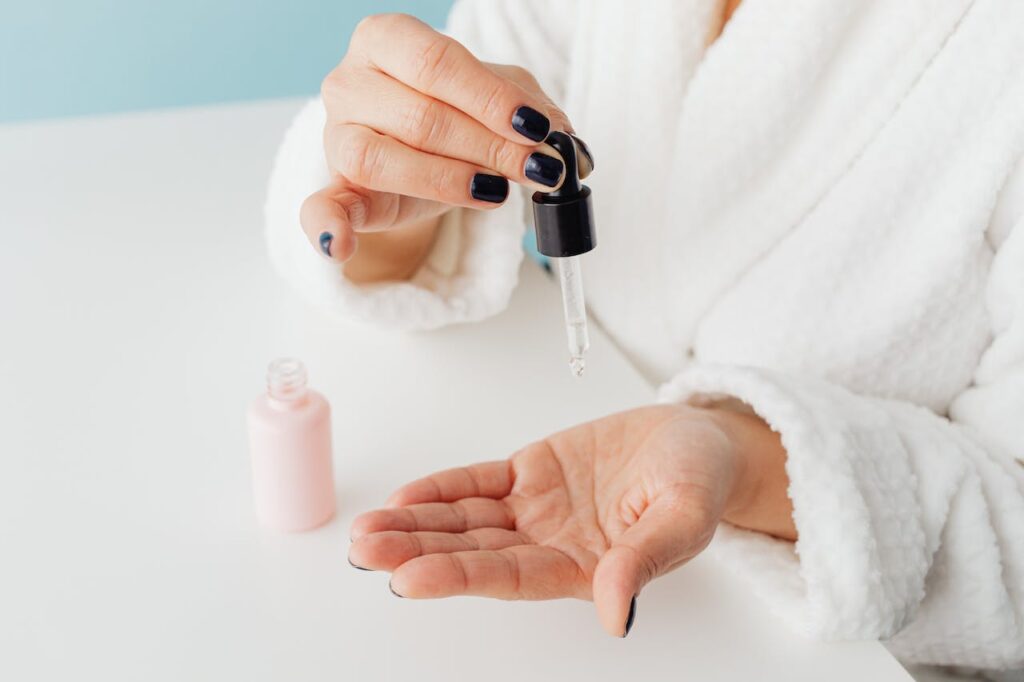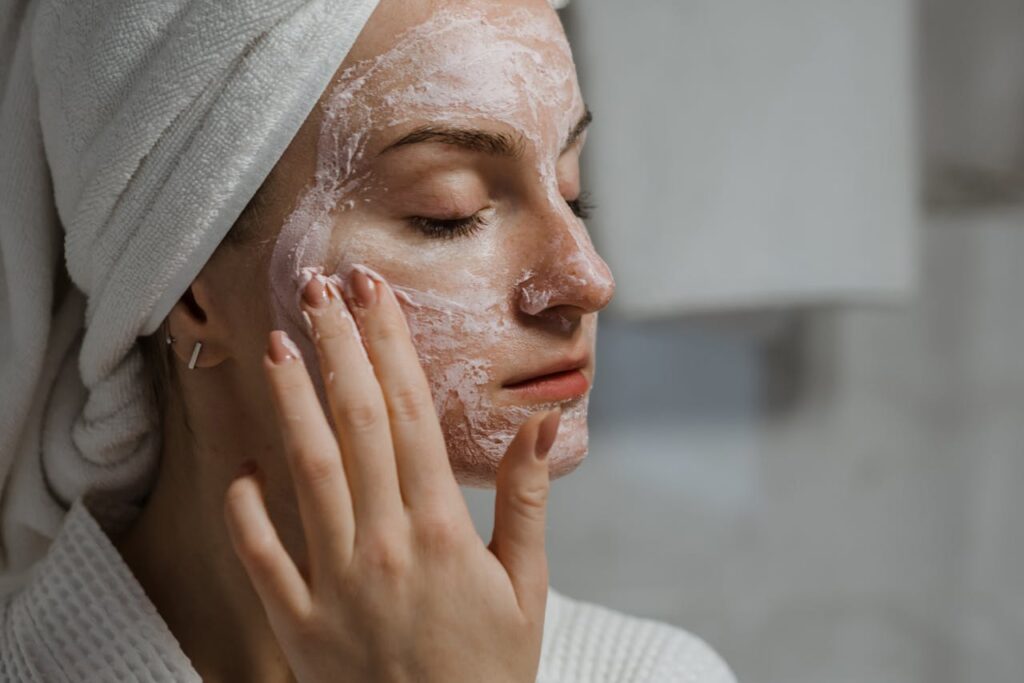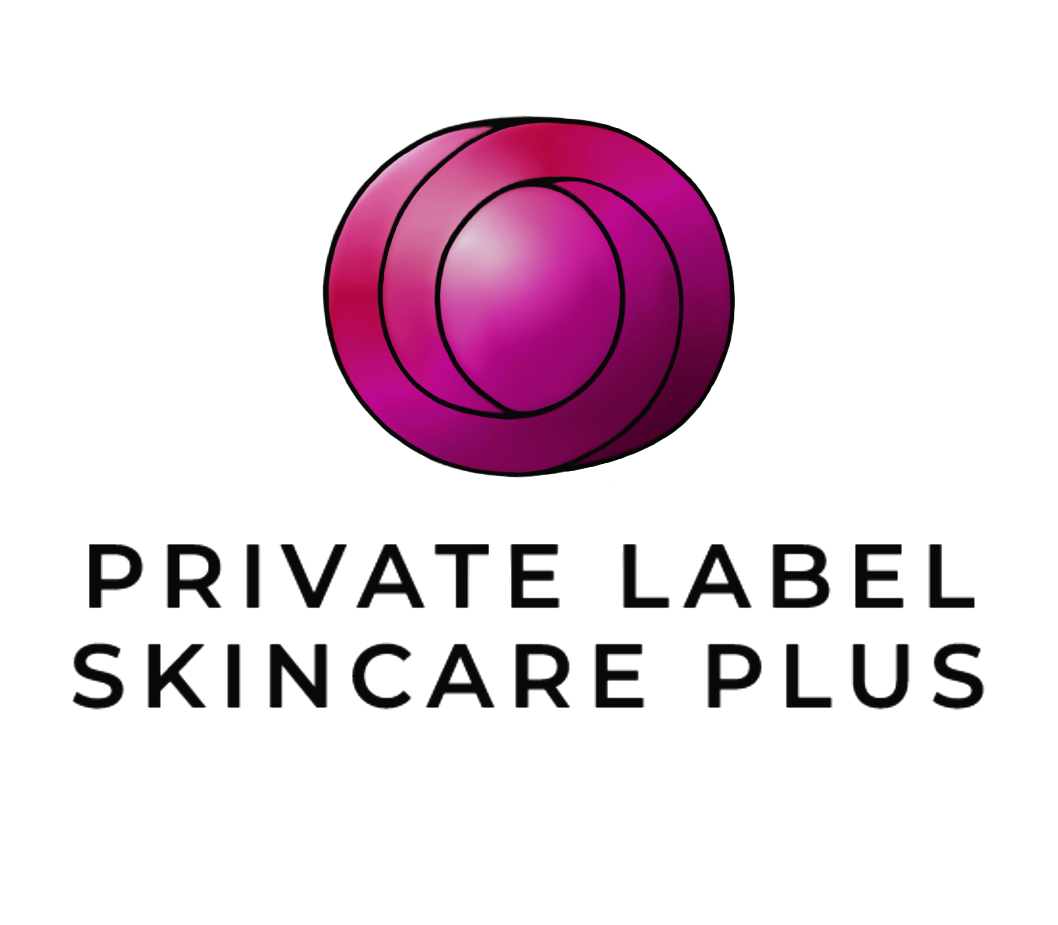We live in a world where the definition of beauty changes every day. Therefore, skincare practitioners are perfectly positioned to shift from service providers to brand developers. However, transforming a clinical or service-oriented practice into a compelling product line necessitates more than just developing good creams or serums; it also necessitates strategic skincare branding for dermatologists.
Branding is much more than logos and packaging boxes. It represents the emotional and psychological relationship between your customer and your business. Alternatively, branding helps in developing a relationship that resonates, builds client trust, and provides consistent value. Whether you are launching a small boutique organic range or a high-performance cosmeceutical range, how you brand skincare products can determine shelf appeal and sustainability.
This article provides actionable private label branding tips for skin-care professionals who are ready to create a new world for themselves and their consumers.
8 Unmissable Skincare Branding Tips for Dermatologists
These are the most effective tips in skincare branding for dermatologists:
1. Define Your Brand Identity with Precision
Before engaging with design or marketing, it is essential to have an absolute understanding of your brand. This is the building block, and everything else will grow from here. Your brand is made up of your mission, values, voice, personality, and audiences.
To begin with, ask yourself:
- What skin objectives do my products address?
- Who am I creating this product for? Busy professionals, teens, mature skin clientele, and eco-conscious consumers?
- What makes my brand different from various skincare lines?
- Is my brand clinical, holistic, luxury, affordable, or results-driven?
Having this clarity will not only inform product development, but it will also help provide consistency in your visual brand, tone of voice, design of packaging, and social media.
For example, if you’re an esthetician who is known for performing gentle and organic facials, a brand identity that communicates “nature meets nurture” would inform your choice of ingredients, aesthetics of the labels, and scents.
2. Create a Strong and Memorable Brand Name
Your chosen brand name should be one-of-a-kind, legally available, and truly representative of your brand essence: it should call to mind an emotion or immediately communicate what your products are about.
Likewise, unless your target consumers are medically focused, avoid scientific names. Essentially, you want to be creative, but not completely incomprehensible. A good balance exists somewhere in the middle of crazy and clearly recognizable.
Tips for choosing a medical professional skincare brand name:
- A full trademark search should always be conducted before finalizing.
- Check to see if the domain is available, preferably .com or .skincare.
- Make it easy to say, short, and relevant.
- Use it with a number of peers or clients to see what their first impression is.
A strong name can create word-of-mouth, brand recall, and allow your products to be recognized in an instant, which is a priceless tip in skincare branding for dermatologists.

3. Create an Authentic Visual Identity
Your visual story is made up of your logo, colour palette, packaging design, website visuals, and even the fonts that you use. A unique and defined visual identity builds trust and allows the customer to connect emotionally to your product group.
Seek out a professional who is familiar with the beauty industry or a creative agency that understands cosmetics or skin care. Don’t use stock images – you can pay for a designer to provide you with custom, one-of-a-kind visuals. Skincare consumers from supply channels are becoming increasingly design-savvy and respond to original and considered branding now more than ever.
An effective visual identity should:
- Demonstrate your brand personality (minimalist, luxury, earthy, clinical, etc.)
- Be cohesive throughout every touchpoint—your website, store/packaging, shipping boxes, social, etc.
- Use colors and design components that support your brand values (e.g., greens and neutrals to support organic lines, white and silver to support claims of clinical efficacy)
Remember, consumers do not always buy what performs, they buy the appearance of performance.
4. Packaging Strategy is Critical
In skincare, packaging is more than just a box—it’s a silent salesperson. It is likely the first physical experience a customer has with your brand. Luxury skincare branding with premium packaging can greatly alter your perceived value.
The aesthetic appeal of packaging is important, but you must also consider functionality. Here are some considerations:
- Material: Is it sustainable, luxurious, recyclable?
- Label design: Is your wording unambiguous, professional, and informative?
- The unboxing experience: Does it fit your brand personality and your attention to detail?
Consider packaging as an extension of customer service. A beautiful jar combined with a sensorial unboxing moment will make your product more ‘‘Instagrammable’’ and inspire organic sharing and deeper engagement.

5. Develop a Great Brand Story
Skincare is personal. People want to know about the people behind the product that they are applying daily to their face. Talking about your “why” (the passion, problem, or inspiration behind your brand) establishes trust and a personal connection.
This is not about oversharing, but providing an element of humanity behind the brand.
For example, a dermatologist who has eczema and developed a sensitive skin line based on her own experience — that is a compelling story. A wellness expert channeling inspiration from her Ayurvedic rituals or ancestral knowledge could also carve out a niche in heritage-focused skincare.
Include your brand story in:
- Your website’s “About” page
- Product Inserts, packaging, or thank you cards
- Social Media Content
- Brand Launch PR, emailers, etc.
Stay authentic, as authenticity always gets noticed. Your story in a market with so many similar formulations may be your biggest differentiator, and that is one of the biggest helping blocks when it comes to skincare branding for dermatologists.
6. Define your Brand Positioning in a Competitive Market
Brand Positioning involves occupying a unique and desirable place in the minds of your target consumers. You’ll want to define what your brand embodies, who it serves best, and how it’s better or different.
Do not try to be everything to everyone. Focus your message like a laser beam on your ideal customer.
Are you:
- A doctor-led cosmeceutical brand that brings together science and skincare?
- A vegan, zero-waste skincare line for the environmentally-conscious?
- A minimalist skincare range that supports 3-in-1 products?
Once your positioning is defined, everything from product formulations, brand voice, marketing, and even the right retail partners, will be simpler and more aligned.
7. Be Consistent Across Channels
Inconsistency is one of the greatest traps for a brand. If your visuals, tone, or messaging are inconsistent, potential buyers will be confused and your brand credibility will diminish.
Make sure your brand is presented consistently across:
- Web: Professional, responsive, and aligned with your designated colors and tone.
- Social Media: Consistent posts, cohesive grid, aligned captions, and tone.
- Labels: Same fonts, language style, and values as your online presence.
- Customer Communication: Tone in emails, notes in packaging, and responses in DMs all replicate your brand personality.
Remember that consistency builds trust in skincare branding for dermatologists. When your customer sees your Instagram and then lands on your website, it should feel like the same brand communicating with them.
8. Explore the Related Areas and Develop a Brand Ecosystem
The successful skincare brands are not simply about the products, they are about the community, lifestyle, and belief system. Think about how you can invite your customers into the world of your brand.
Potential options are:
- Membership or loyalty programs
- Branded skincare tools or accessories
- Wellness content such as meditations, affirmations, or routines
- Collaborations with like-minded brands or experts.
The ultimate goal should be building brand believers who buy into your mission emotionally, not just the quote, promote.
Conclusion
As a beauty professional, starting your own skin care line can be an exhilarating yet challenging experience. With so many decisions to make regarding formulations and logistics, it can be easy to push branding to the side—something that you should be doing first! But with the help of the above-stated skincare branding for dermatologists, your brand can see customer loyalty, attract retailers, reach out to influencers, and rise above a sea of competitors.
If you’re a skin care expert and are ready to see your product idea come to life, our private label options are protective, customizable, and professional. Whether you’re selecting high-quality formulations, utilizing end-to-end branding, we can help you formulate a skin care brand that showcases your expert knowledge to your audience.
Let’s get you back to your skin care story on shelves. Contact us today to start your brand journey confidently.


